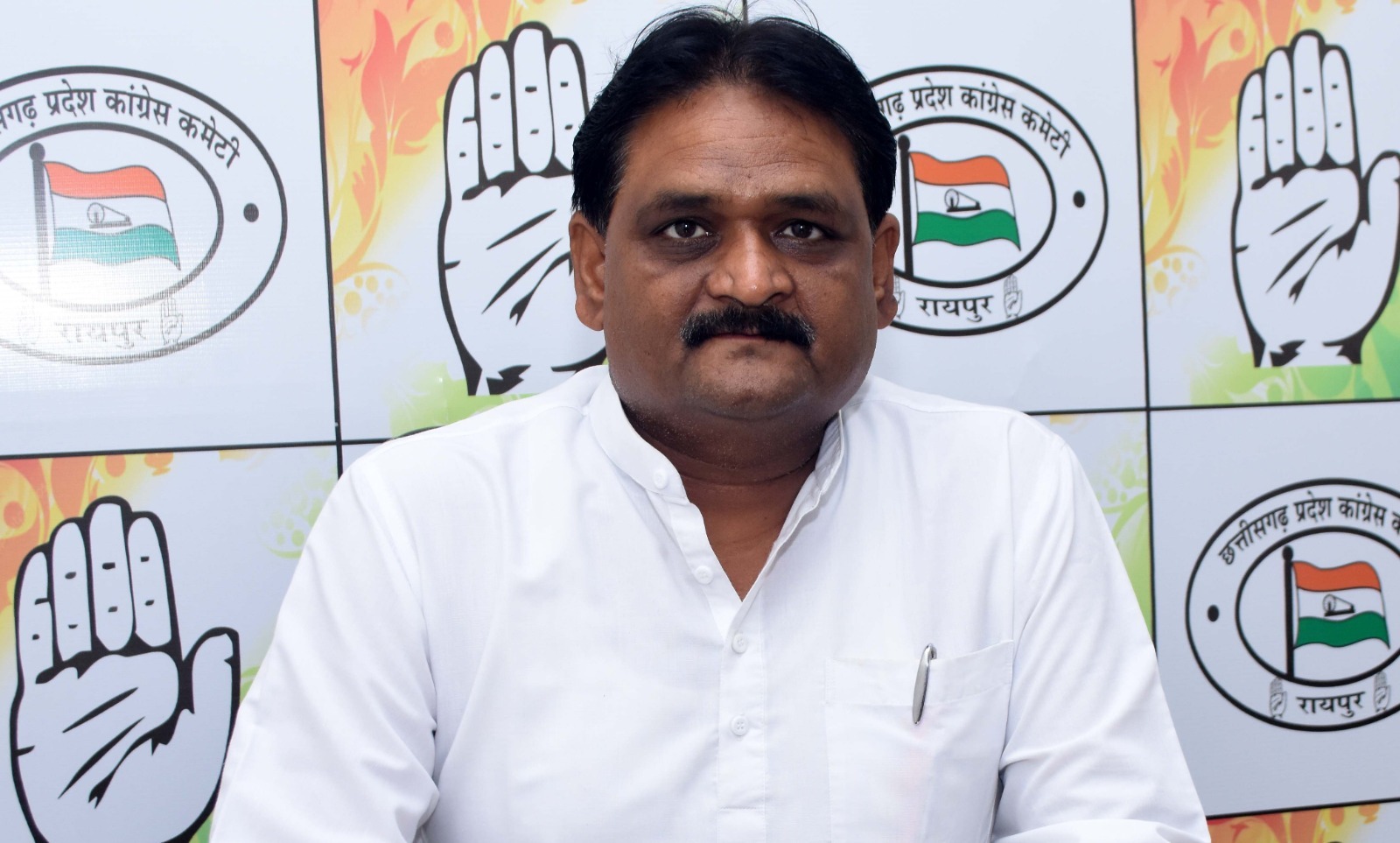
Raipur : A young man entered the residence of state Congress president Deepak Baij in Devendra Nagar Officer Colony for recce. State Congress Communication Department President Sushil Anand Shukla said that despite the refusal of the security personnel deployed, the young man forcibly entered inside by pushing the gate and he also did some videography there. The young man can also be clearly seen entering in the CCTV footage installed in the president’s residence. Eyewitnesses said that the young man was seen around the president’s residence for two-three days.
State Congress Communication Department President Sushil Anand Shukla said that State Congress President Deepak Baij comes from the sensitive Naxalite area of Bastar. He has also been an MP and MLA twice from Bastar. He has been given Z Plus security. The entry of an unwanted person at his residence is a matter of great concern and a breach in his security. The BJP government is being negligent in the security of the president of the main opposition party. Earlier also, during the Panchayat elections, the government had sent Dantewada police to conduct a recce at his residence. Under the rule of the BJP government, neither the common man nor the public representative is safe.
State Congress Communication Department President Sushil Anand Shukla said that the youth entering the Congress President’s house could also be a conspiracy of the government or the BJP. Congress has lodged a written complaint about this entire matter in Ganj police station. Two days have passed and no satisfactory action has been taken. A Congress delegation will soon meet the Superintendent of Police and complain. If proper action is not taken, the guilty person is not arrested and questioned, then Congress will launch a movement.


